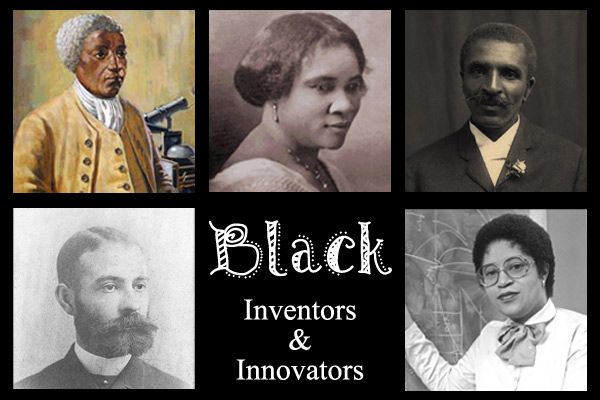The contributions of Black Americans to modern society cannot be overstated. Even amid slavery, war, and public lynching, people have overcome unthinkable obstacles and invented many of the technologies and devices we now take for granted. Whether it’s the traffic signal, peanut butter, the refrigerator truck, the gas mask or modern cataract removal surgery techniques, the list of innovations by Black men and women can’t be quantified.
As the final week of Black History month comes to an end, the study must continue. We must make visible stories and facts that have been concealed since the first slave ship landed on North American shores more than 400 years ago. A look at historic and modern inventions helps reveal the ingenuity that so many Black people undertook, often without receiving a patent or credit for what continues to shape our world today.
For example, Dr. Charles Drew helped to save thousands of lives during the second world war through his method of separating plasma from blood that allowed for transfusions across blood types. His work led to the development of the first national blood bank in British history. But his experience working with the American Red Cross ended abruptly when he resigned after the organization insisted on segregating blood from White and Black donors.
Osburn Dorsey, who, according to one source, was born a slave and freed at eight months old, invented the doorknob and received a patent for his invention in 1878. Thomas Dennings invented the precursor to modern-day dry cleaning and was the first African American to receive a patent in 1821 in New York City.
Many people have heard of George Washington Carver, who is famous for inventing peanut butter. But did you know that his innovations transformed nutrition for many people living in poverty because of his revelations in the cultivation of sweet potatoes? Moreover, his landmark crop rotation methods allowed for healthy growing conditions for vegetables and his farm innovations allowed for more productive yields.
Lisa D. Cook, an American economist and member of the Federal Reserve Board, published a study after investigating missing patents for Black inventors during the period of 1870-1940. She correlated the significant decline in patents with the rise in racial violence including lynchings and “racial cleansing” in the United States. Of the 726 patents that were issued during the period, 1100 were missing due to violent events.
Black history is not but one month of the year. It is ever present around us: when we slow down at a traffic signal, enter the automatic doors of an elevator, or turn a doorknob, we live it.


